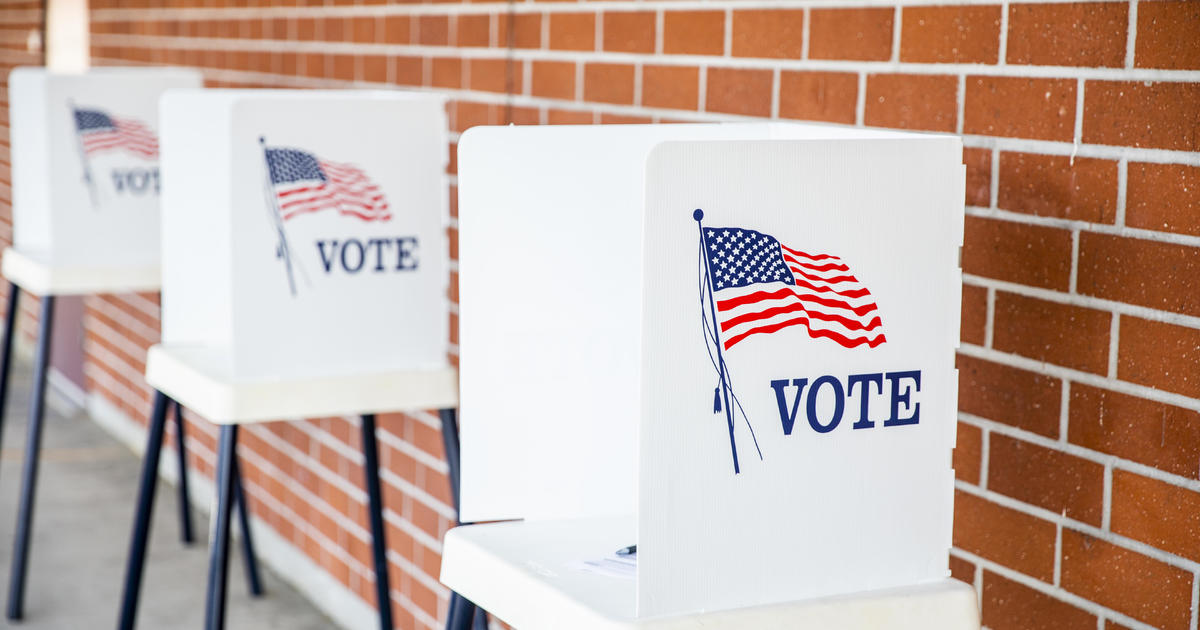The state and national Democratic parties have taken legal action to block two new rules recently adopted by Georgia’s State Election Board. These rules could potentially be utilized by county officials to refuse to certify election results, leading to potential delays in finalizing the state’s results. The lawsuit, filed in Atlanta, argues that these rules violate a state law that mandates certification as a necessary duty. The Democrats are challenging the legality of these rules, claiming that the State Election Board, now predominantly made up of supporters of former President Donald Trump, is overstepping its legal boundaries.
The Democratic party’s lawsuit has raised concerns among Democrats and voting rights activists, particularly in light of Georgia’s history of partisan disputes over voting procedures that date back even before the contentious 2020 presidential election. This legal battle highlights the significance of state and local boards certifying election results, a process that has traditionally been seen as a routine administrative task.
The lawsuit asserts that the new rules could potentially create chaos after elections, as they suggest that certification of election results by county boards is discretionary and subject to extensive scrutiny that could delay or prevent certification. The Democrats argue that Georgia state law clearly states that county officials “shall certify” election results, and past court rulings in the state have upheld this requirement. The lawsuit, filed in Fulton County Superior Court, aims to invalidate these rules that the Democrats believe go against established legal principles.
On the other hand, supporters of former President Trump, mainly Republicans, defend the new rules, claiming that they simply reinforce the existing duty of county election boards to thoroughly review election results. They point out that each board member is required to swear an oath to compile accurate and complete results, emphasizing the importance of transparency and public confidence in elections. State Republican Party Chairman Josh McKoon praised the rule changes as beneficial for all Georgians, regardless of political affiliation, as they aim to improve the integrity of the electoral process.
Earlier this year, a trio of Republican appointees aligned with Trump gained control of the five-member State Election Board. While the board does not directly determine election outcomes, it plays a crucial role in establishing rules to ensure smooth election operations and addresses complaints about potential violations. Trump publicly commended these board members during a rally in Atlanta, praising their commitment to honesty, transparency, and victory. However, he criticized the Democratic member and the nonpartisan chairman appointed by Governor Brian Kemp, suggesting that they were not as effective as their Republican counterparts.
The alignment of the State Election Board with Trump and the Republican Party has prompted accusations from Democrats that the board, once considered relatively nonpartisan, has now become a political tool. Democratic U.S. Representative Lucy McBath denounced the board’s actions, accusing them of colluding to suppress voter turnout. The escalating tensions between Democratic and Republican factions in Georgia reflect broader concerns about the integrity and fairness of the electoral process in the state.
The legal battle over the new rules adopted by the State Election Board underscores the deep-rooted political divisions that continue to shape the electoral landscape in Georgia. The outcome of this lawsuit will not only have immediate implications for the certification of election results in the state but also set a precedent for future electoral disputes. As Georgia becomes a focal point in the national conversation about voting rights and election integrity, the actions of the State Election Board and the legal challenges brought forth by the Democratic party highlight the critical importance of upholding democratic principles and ensuring fair and transparent elections.









